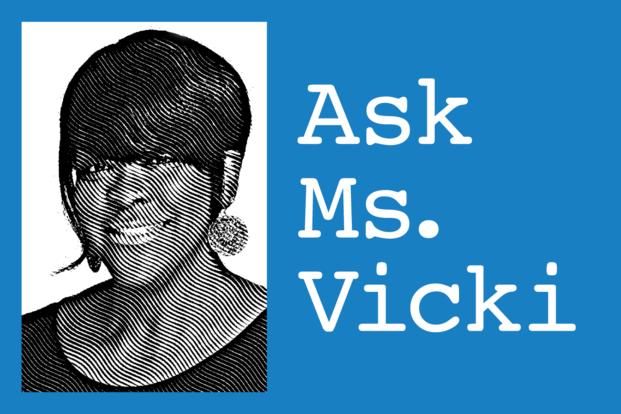Dear Ms. Vicki,
I met a man on a website about two months ago, and we started to chat and to send emails to each other. His name is Col. Miller Brown. He is 43 years old and stationed in Yemen.
He said that he applied for his retirement before his deployment and by the end of the year, he got his papers. He put me as his next of kin on the papers. It was with my agreement, and maybe it was my mistake.
A few days later, I got an official-sounding email from the United Nations that I have to send a copy of my passport and two passport photographs to them. I did what they asked. Two days later, I got another email from them that I have to make payment for his retirement -- $3,000.
When I told my boyfriend that I don’t have so much money and asked if he could pay for it by himself, he said that he is in a war region and has no access to his funds. Is that true or false?
The other thing I would like to know is, if I pay for his retirement and he is free to leave a war region, must he go straight to the USA or is he free to go wherever he wants? I am afraid that it might be a scam.
Sincerely,
Sally
Dear Sally,
Please, please tell me you did not send any money to this person. This is a big scam.
I get tons of letters like yours every week from people who want to believe that the person they care about is really in the military. The information you have already provided to the scam artist puts your financial life at risk.
Clearly, this person is not in the U.S. military. No one has to pay a fee to retire from the U.S. military. A retirement ceremony is a source of pride, esteem and accomplishment, not an exit fee.
The United Nations does not have any authority over the U.S. military.
Your gut is telling you the right answer: This is a scam. Here are some other ways to tell if the person you have met online is really in the military or whether he is running a scam:
1. No military email address. All service members have email addresses that end in .mil, as in @army.mil or @usmc.mil, or @navy.mil.
2. Secret mission. If he tells you he is on a secret mission, ask yourself: If it’s so secret, why is he telling you?
3. Asks for money. Scammers have all kinds of reasons they need your money -- to help him retire, to be able to come back for R&R (rest and relaxation), to return home from deployment. There are others reasons out there, but the bottom line is if he asks you to give him money to help him with the military in any way, he is lying!
4. No name of unit. Even if he is deployed overseas, he is stationed somewhere with someone. Which unit is he in? Where is his unit located when he is not deployed? Unit information is public information available on the internet.
5. High rank. If the person says he is a colonel, a general, an admiral, a senior NCO or in some other high position, it is doubtful that he or she is cruising the internet for strangers -- much less asking for money.
If one or any of these things is true, this person is most likely a scam artist -- not the love of your life. Please don’t send any money to this address and stop all communication with these people immediately! They will steal every dime you have.
Change your phone number, email address, other social network addresses, and any of your financial account passwords and account number too. Get a free credit report now and register for the service that alerts you if anyone applies for credit in your name.
Please stay in touch and let me know what happens.
Sincerely,
Ms. Vicki
Keep Up with the Ins and Outs of Military Life
For the latest military news and tips on military family benefits and more, subscribe to Military.com and have the information you need delivered directly to your inbox.















